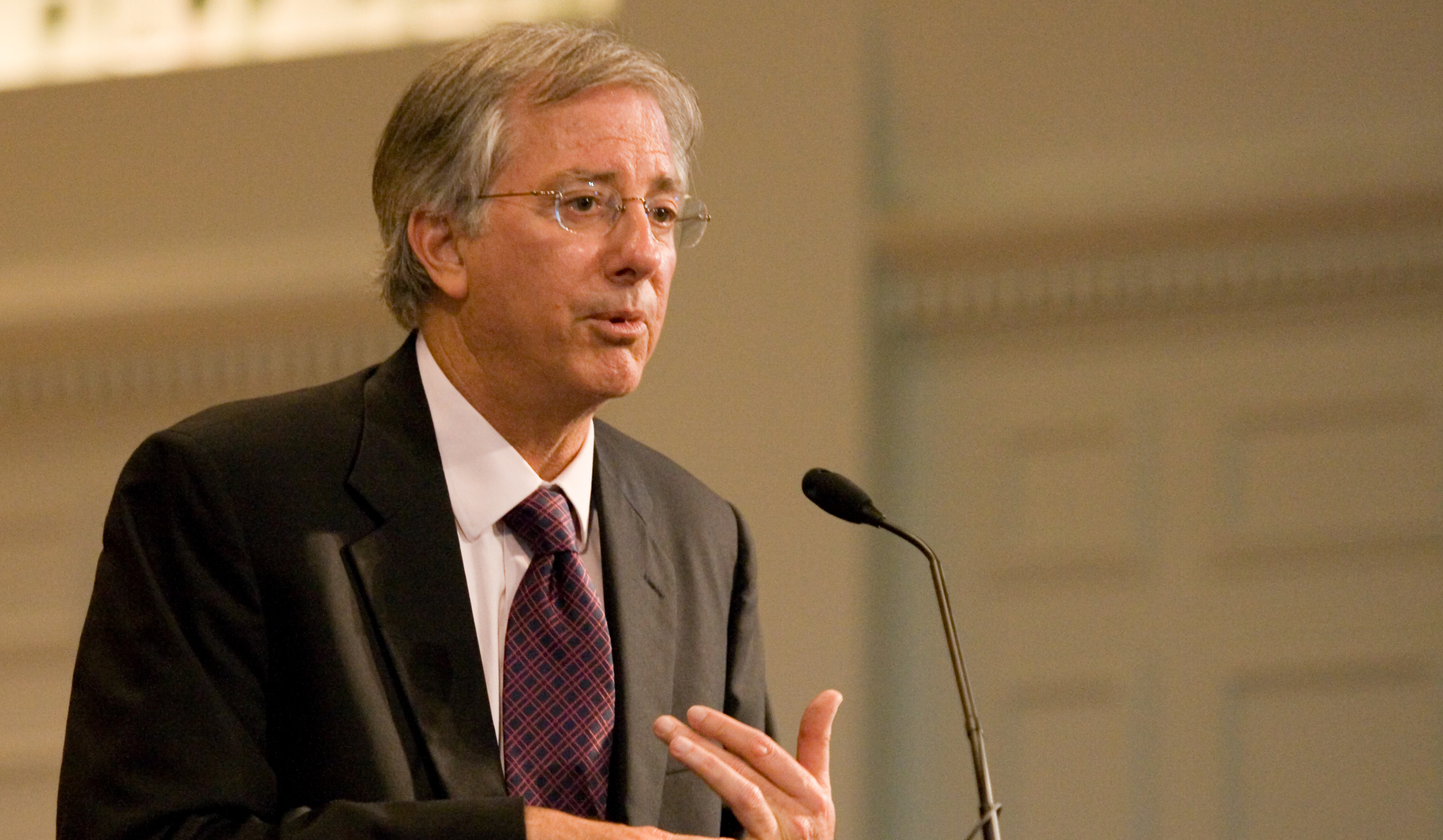Dennis Ross has been a principal actor in US policy towards Israel and Palestine for decades. More recently, he was President Barack Obama’s advisor for Israel-Palestine policy and worked for the National Security Council as the Special Director of the Central Region.
Brown Political Review: Do you believe that there is sufficient domestic political support for the Israelis and Palestinians to negotiate effectively?
Dennis Ross: If the two leaders came and presented [a deal] to the public, I’m not sure the public would do handstands, but I think they would be more open to it than is generally assumed. The real challenge is whether you can create a context where both leaders feel more comfortable moving [forwards] than not moving [at all]…You have to show that something can change for the better, because there is a perception that it can’t.
BPR: Is it true that Yassir Arafat did not accept a deal at the Camp David Accords because he thought he would be assassinated if he did?
DR: At Camp David, he rejected what we were proposing because he said if he accepted it, we would be marching behind his hearse. I think, in truth, when he rejected [President Bill Clinton’s] parameters, it wasn’t that. He wasn’t prepared to end the conflict. The conflict defined him.
BPR: Do the Palestinians stand to gain more from United Nations statehood status than from negotiations with Israel?
DR: They will not gain anything [at the UN]. One of the problems with the Palestinian national movement is that, historically, it has focused much more on symbols than on facts. No symbolic moves at the UN are going to advance the cause of Palestinian statehood one iota. I would like to see the Palestinians focus on how to build the state, rather than on symbols.
BPR: Is Israel a human rights violator?
DR: There is no such thing as an occupation that is benign. On the other hand, a lot of security measures that exist didn’t emerge because there were no threats. There was an intifada, where large numbers of Israelis got blown up in buses and cafes and nightclubs and pizza parlors. To be fair, Palestinian security forces are doing much more than they used to do. But there are a lot of things the Israelis do that help ensure that there aren’t bombings in Israel…How does the United States react when there are big security threats? What happens to civil liberties when you are afraid that bombs will go off? That affects the reality.
To equate it to apartheid is to cheapen apartheid. That was an ideological subjugation by a very small minority that had a racist element. That is not what you see in the West Bank today. What you see is Palestinians having to endure an occupation and the Israelis controlling large aspects of their lives. But it is of a fundamentally different nature. Look at how the Palestinian Authority self-governs. If a journalist writes something he shouldn’t write and is put in jail, what does that represent? I think there are human rights questions that should be raised. But I also think that if we can resolve the political problem, at least we could deal with the dimension of the occupation that I would like to see ended.
